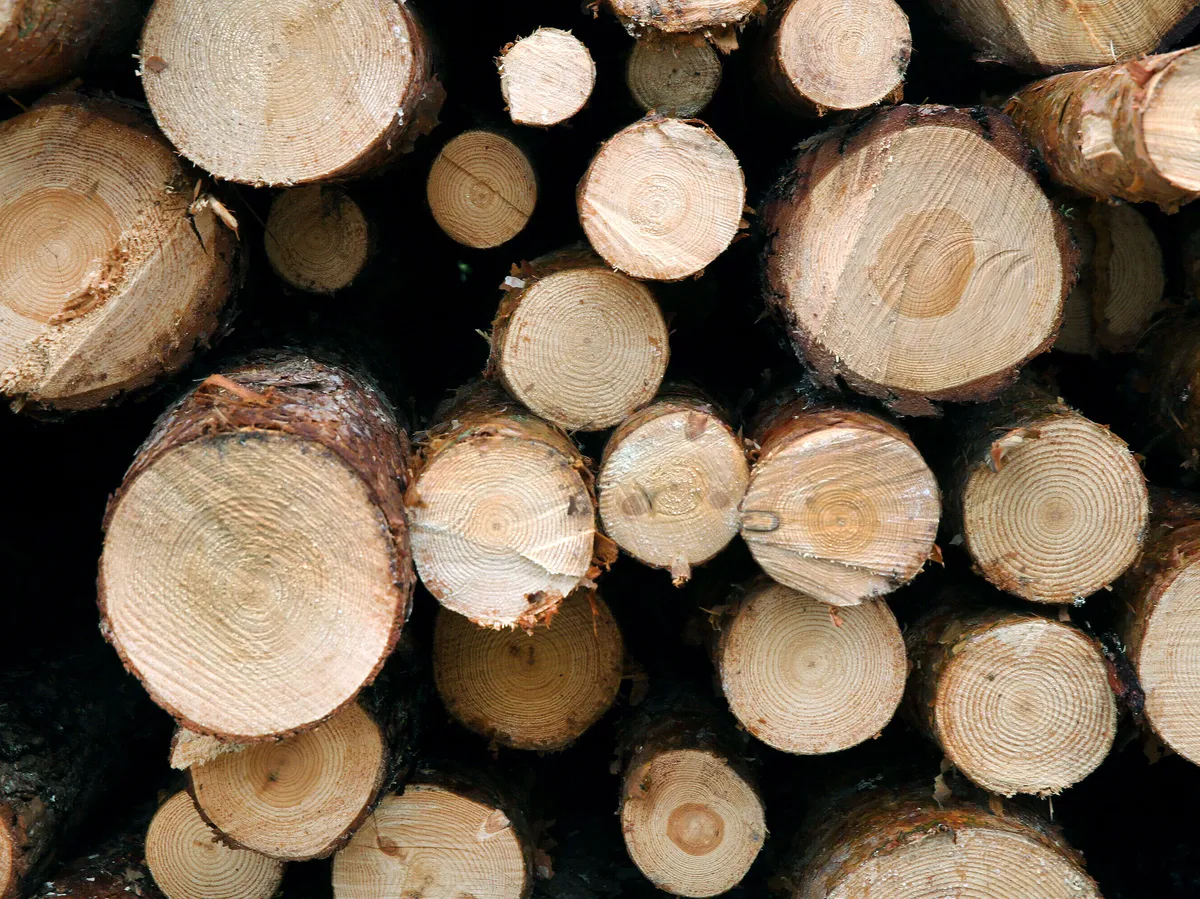If Finland continues to allow excessive logging and carbon dioxide emissions, it will fail to achieve its goal of carbon neutrality by 2035, writes journalist Varpu Sairinen. The use of biomass for heating is a problematic issue from an economic, environmental, and legal perspective.
While the Finnish government does not currently tax the use of biomass for heating like fossil fuels and peat, this policy costs the country 480 million euros in lost tax revenue annually. With this amount of money, the government could have completely eliminated cuts in housing allowance (355 million) and frozen index increases for basic daily allowance and study support (the state’s share is 180 million).
According to a report by consulting firm AFRY commissioned by the Government Office, a tax of 10 euros per megawatt-hour would speed up the transition from biomass to heat pumps and electric boilers, especially in district heat production. However, burning wood is not environmentally friendly or emission-free as many bioenergy companies claim in their marketing.
Carbon dioxide emissions from wood are even higher than from coal. According to the climate panel IPCC, Finland has changed from a sink of greenhouse emissions to a source of them due to excessive logging volumes. A big reason for this is that 60 percent of wood biomass harvested from Finland’s forests will eventually end up as burned energy. Burning wood can even increase carbon emissions compared to fossil fuels due to the increase in emissions and reduction of carbon sinks. With its current policy that encourages burning wood while hindering emission-free forms of energy, Finland is acting against its own laws.
Therefore, it is essential that the state does not use tax breaks to support cutting down forests for energy purposes.


